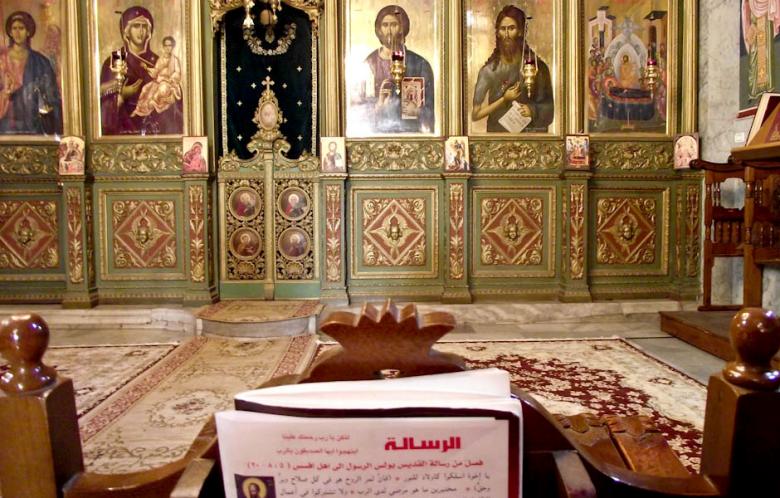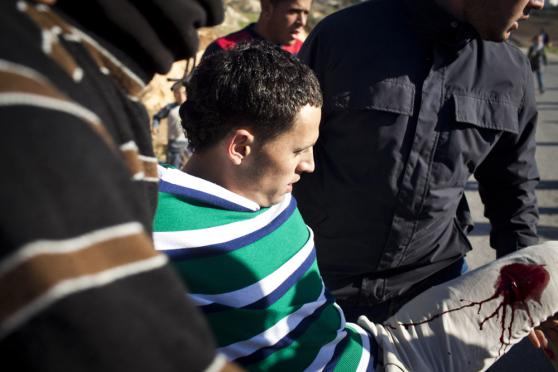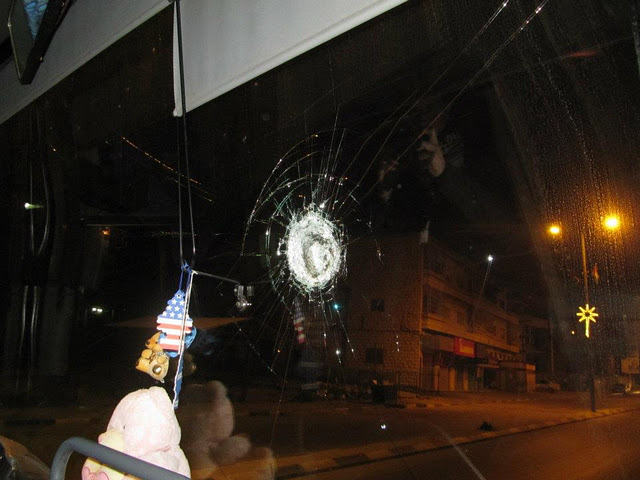Category: In the Media
-
Christmas in Gaza
by Ruqaya Izzidien 24 December 2011 | Al Akhbar English This Christmas marks the third anniversary of the 2008-2009 Israeli war on the Gaza Strip; a winter in which 19-year-old Ramy El Jelda saw his home bombed just two days after Christmas. He returned to the site a couple of days later to find his…
-
Live sniper-fire injures protester in Nabi Saleh
23 December 2011 | Popular Struggle Coordination Committee Two weeks after the killing of Mustafa Tamimi during a demonstration in the village, an Israeli sniper shot a protester with live 0.22″ caliber ammunition, banned for crowd control purposes. Earlier today, an Israeli military sniper opened fire at demonstrators in the village of Nabi Saleh, injuring…
-
Choir bus hit by settlers on way back from Nablus
17 December 2011 | Notes from Bethlehem I was hoping to write about something more pleasant regarding our Christmas ministry in Nablus. I was hoping to write about the usual; singing and rejoicing with the believers there. As always, Nablus concert was special. The Anglican church where we usually go was full. There was joy.…



